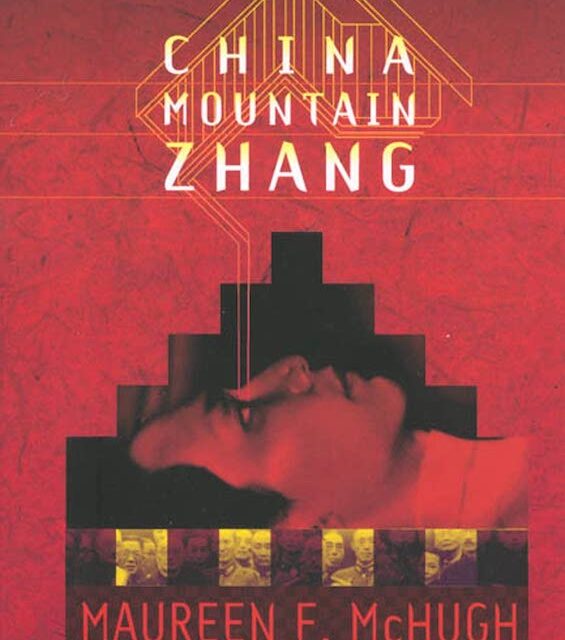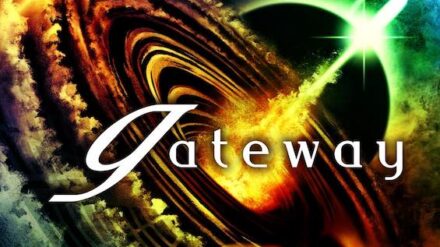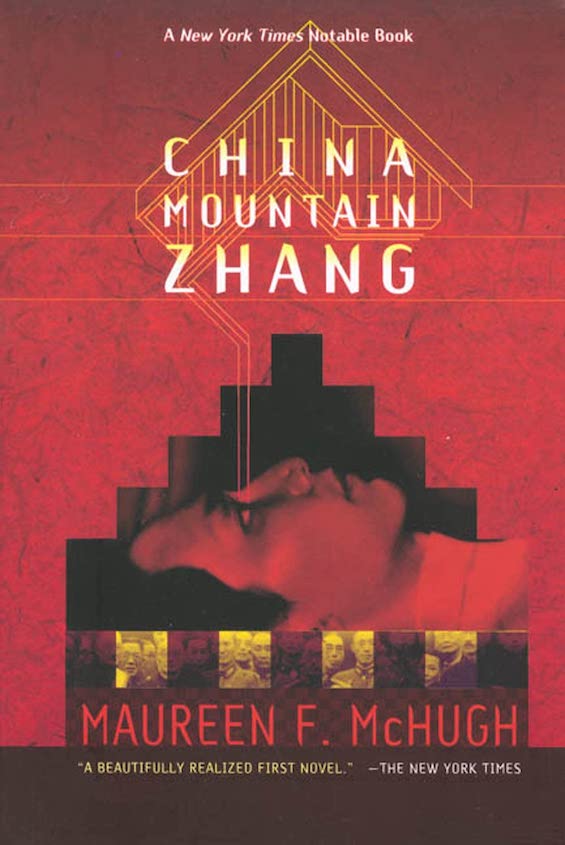
To be clear, what follows is not a list of the best science fiction published during the past year. Instead, I’ve chosen not to copy those reviewers who imply they’ve read the many thousands of science fiction novels published in any given year. Nobody, and no team of reviewers, can possibly manage that. And I won’t pretend to do so. Besides, I don’t read only new books. Many of the books I review were published years ago, award-winners and classics prominent among them. So, the following list includes both new and old titles. But, from my perspective, it’s the best science fiction of 2022.
Estimated reading time: 6 minutes
As you’ll see, two books that debuted earlier this year did make this list: Aurora by David Koepp and The Immortal King Rao by Vauhini Vara. A third (The Insecure Mind of Sergei Kraev by Eric Silberstein) barely missed the cut-off by appearing last year instead. I regard the other two novels—Joe Haldeman’s Forever Peace and Maureen McHugh’s China Mountain Zhang—as classics. Haldeman’s is widely acknowledged as such. McHugh’s has not received the attention it deserves.

Forever Peace (Forever War Trilogy #2) by Joe Haldeman (1997) 360 pages ★★★★★—A prescient look at the military of the future
Visions of future warfare abound with horror stories about robot soldiers. Ranks of Star Wars stormtroopers march through our eyes as we think the unthinkable of war conducted by proxy, with human operators located at great distance from the front lines like the men and women who pilot Reaper and Predator drones from a secure location in the Nevada desert. Joe Haldeman, author of The Forever War, the most storied war novel in science fiction history, offers a somewhat different take in Forever Peace, a “sequel that’s not a sequel” to his multiple award-winning novel. In his tale of automated mid-twenty-first century war, robots do go on the front lines, but their human operators are bodily and mentally integrated through brain-computer interface technology. It’s a fascinating, and credible, look at the future, written at a time when robotics and brain implant research were both in their infancy.
>>Read more
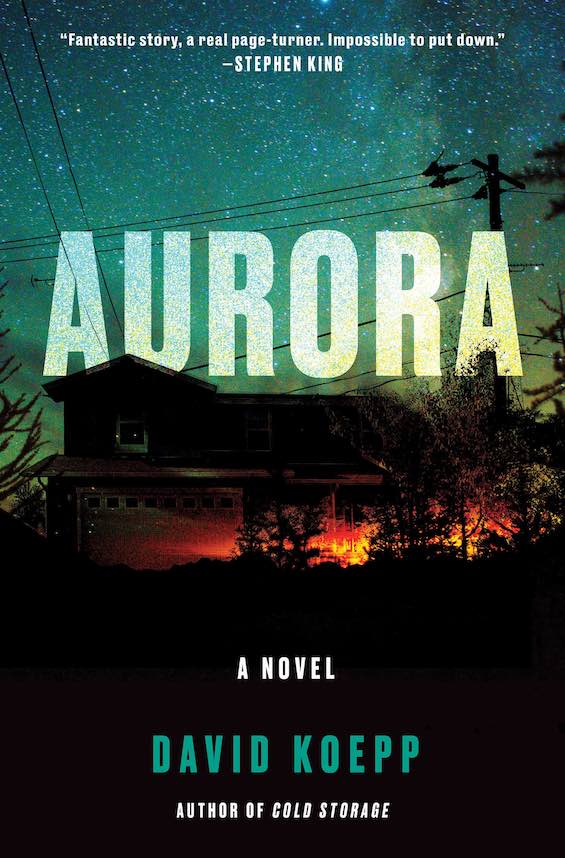
Aurora by David Koepp (2022) 299 pages ★★★★★—A massive solar storm threatens life on Earth
More than ninety percent of the Earth’s people now have access to electricity, according to the World Bank. What might happen if the world’s electric generating and transmission facilities suddenly died as the result of a solar storm, a massive wave of charged particles from the Sun? It happened in 1859 in what came to be called the Carrington Event. But that was thirty-three years before the Edison Illuminating Company brought electricity to a few hundred homes in New York City. The rest of the human race still lived in a world lit only by fire. Today, a coronal mass ejection like the Carrington Event would be catastrophic. And screenwriter and novelist David Koepp brilliantly portrays what might happen in his disturbing new novel, Aurora.
>>Read more
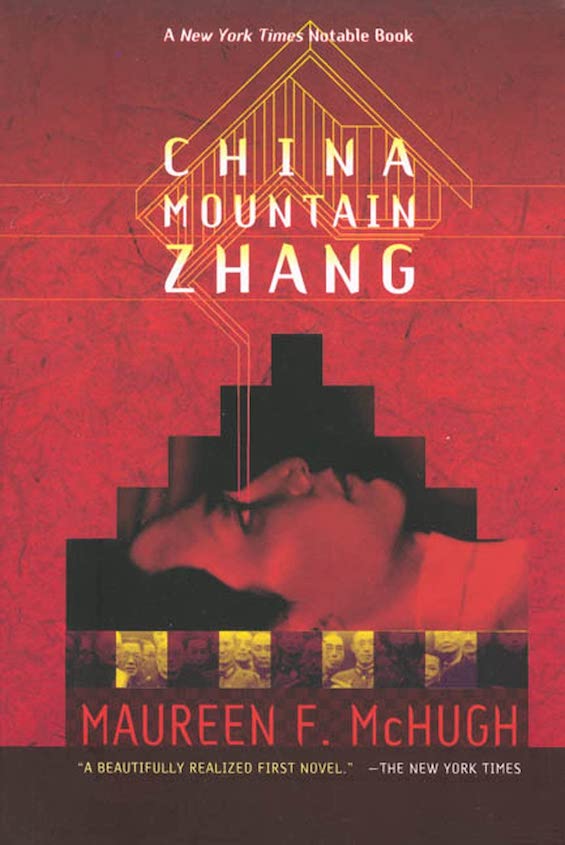
China Mountain Zhang by Maureen F. McHugh (1992) 322 pages ★★★★★—A forgotten 30-year-old science fiction classic
Every year, the publishing industry pours out a torrent of new books. Some 275,000 in the United States alone last year, according to the International Publishers Association. And that doesn’t count hundreds of thousands of self-published works. The total reported elsewhere is one million titles. In this chaotic publishing environment, it’s no wonder that a single book might get lost no matter how important, insightful, or beautifully written. And that’s doubly true even for a science fiction classic like China Mountain Zhang, which was written three decades ago. Despite winning several major awards in the field, garnering nominations for the Hugo and Nebula, and gaining recognition as a New York Times Notable Book, this extraordinary novel is little known today. It deserves much more attention.
>>Read more
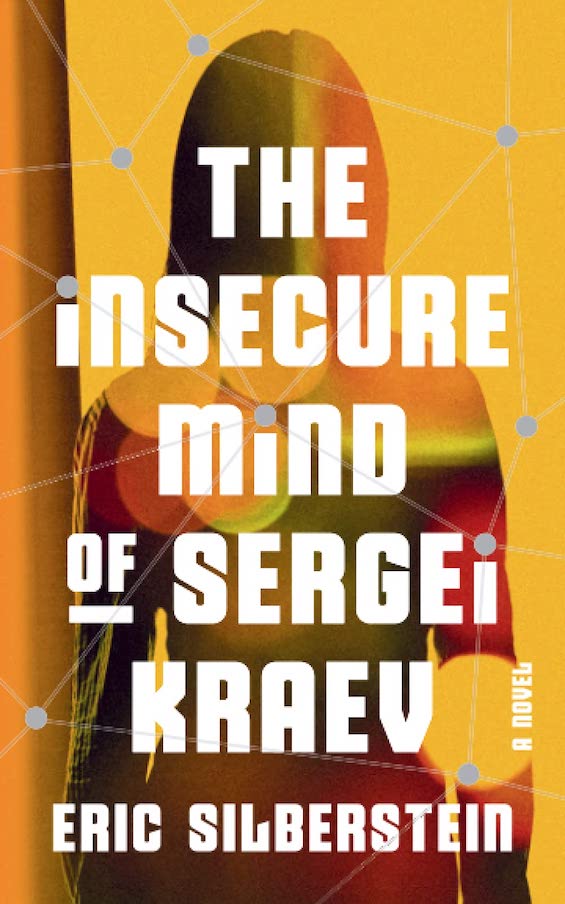
The Insecure Mind of Sergei Kraev by Eric Silberstein (2021) 339 pages ★★★★★—A cautionary tale about brain implants
Something happened on April 17, 2120. Something so big that now, a century later, it’s still referred to as 4-17. Whatever it was, it’s somehow connected to the brain implants that have been universally required for decades. But what exactly happened, and why, isn’t at all clear. To find out, we’ll have to cycle back through those decades of history as the story slowly emerges. This is the challenge that greets us in Eric Silberstein’s wildly original novel, The Insecure Mind of Sergei Kraev.
The story opens on April 14, 2220 with a message from Leon Levy on Singapore Island to his offspring around the world. “Children,” he writes, “this is my ninety-fourth annual message. It’s hard to believe there are now 2,978 of you, including my two great-great-great-great-grandchildren born today. . . I was thirteen on 4-17. Now, one hundred years later, I’m ready to tell you our family’s story.” And what a story it is!
>>Read more
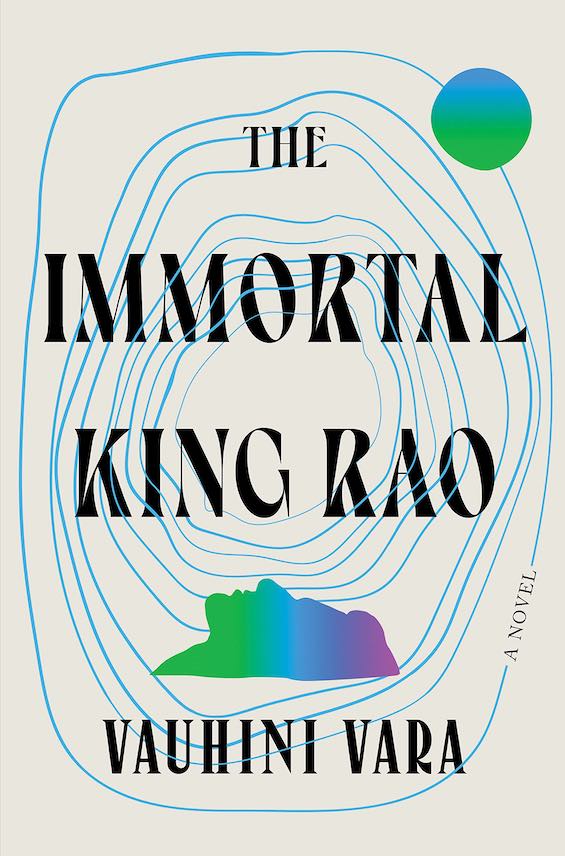
The Immortal King Rao by Vauhini Vara (2022) 378 pages ★★★★★—A novel dystopian story that explores anarchism
In her impressive debut novel, The Immortal King Rao, Canadian-American journalist Vauhini Vara probes the heart of the capitalist system with a cold-eyed look at its central premise, the cult of perpetual growth. The eponymous King Rao has “left this world as the most influential person ever to have lived. He entered it possessing not even a name.” And King Rao, by the way, is the name he received as a child in India, not a title. So begins this engrossing dystopian story.
The tale is set in the mid-22nd century, when Hothouse Earth has become a reality and society worldwide has been transformed into a corporatist state. An artificial intelligence called the Thinker allocates resources and protects people and property from harm. And a Board of Shareholders nominally governs a society in which everyone, rich or poor, is a Shareholder entitled to a slice of society’s profits. That share is tiny for most, enormous for a few. And the Shareholder concept, the Board, and all the rest was King Rao’s creation.
>>Read more
For more reading
For more good reading, check out:
- These novels won both Hugo and Nebula Awards
- The ultimate guide to the all-time best science fiction novels
- 10 top science fiction novels
- Eight new science fiction authors worth reading now
- The top 10 dystopian novels reviewed here
And you can always find my most popular reviews, and the most recent ones, plus a guide to this whole site, on the Home Page.

